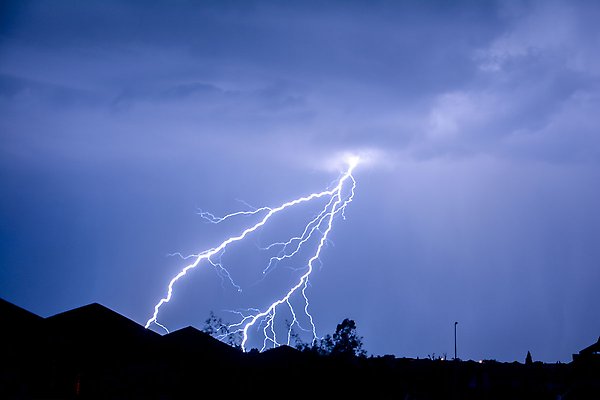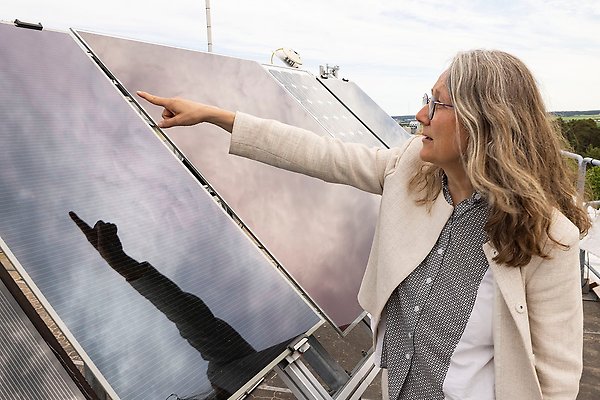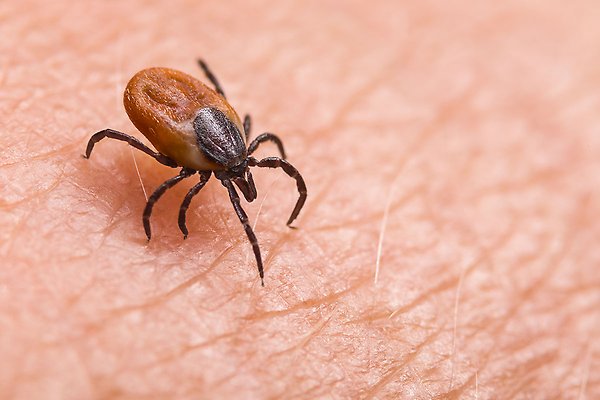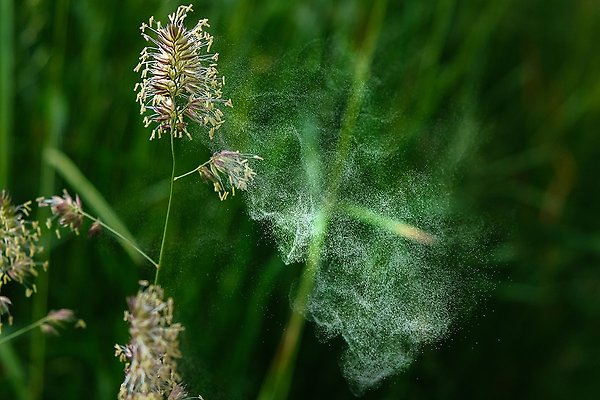Summer
Why is it that we feel so much better when out in nature? Why should you avoid ticks and can you really bird watch in the city? At Uppsala University, we conduct research into aspects related to the seasons, ticks, pollen allergies, lightning, solar panels and much more.
Why do we feel good in nature?
Some seek challenges and adventure in the mountains, while others find nature around the corner, in a park or in the woods. The result is often that we relax from everyday responsibilities, physiologically and mentally. Together with The Botanical Garden in Uppsala, this is being explored by researchers and students in psychology.
Stay inside during thunderstorms

If you hear thunder, don’t go outside. This is the most important piece of advice from lightning researcher Vernon Cooray. Death by lightning is highly unusual in Sweden, but caution is called for at this time of year. At Uppsala University, research is under way on how to protect oneself from both lightning and thunder physics.
The next generation solar cells
The development of tandem solar cells, which combine silicon and thin-film technologies, can provide more efficient and cheaper solar energy. “If we want even cheaper solar energy in the future, we need to make a technological leap," says Marika Edoff, a professor at Uppsala University who is leading a newly launched EU project on tandem solar cells.

How do torrential downpours affect life in a lake?
At Lake Erken in Uppland, a research project is under way to better understand how the lake’s plankton-like bacteria, algae and animals are affected by different runoff scenarios. The researchers are studying how the organisms react to differences in the supply of nutrients and organic material from the surrounding environment. A greater influx of dead plant remains can also turn lakes brown, which makes it more difficult and expensive to purify drinking water.
Negligent not to warn about ticks
He has 10,000 ticks in a freezer and is one of the media’s frequently hired experts on the subject. Professor Thomas Jaenson has dedicated the last 40 years to studying ticks and the diseases they can pass on to us. He is convinced that they carry many more pathogens than we are currently aware of, and thinks that the authorities ought to step up and warn people about ticks in high-risk areas for tickborne encephalitis (TBE).

“Climate change puts more pollen in the air”

About 25 percent of adults suffer from pollen allergy. Since the beginning of the 90’s this number has increased by 20-25 percent. One of many research projects at Uppsala University looks into how allergic people react during and after the pollen season.
Christer Jansson is Professor of Respiratory, Allergy and Sleep Research
